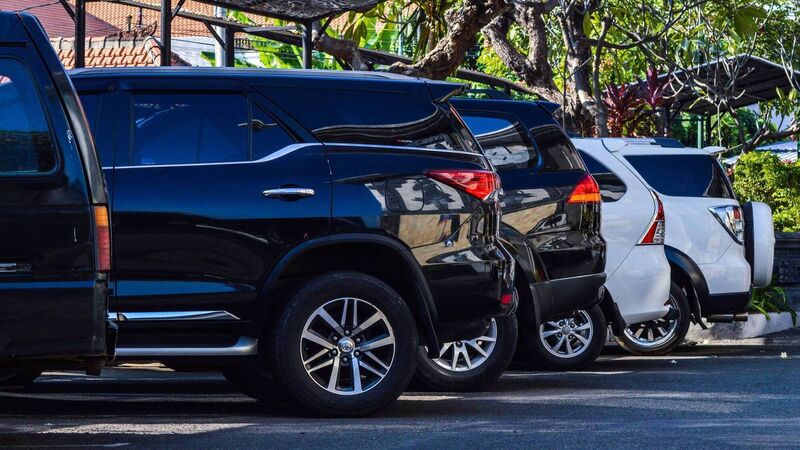An SUV tax won’t save us — Ireland needs bold climate action in Budget 2026

A tax on SUVs has been proposed, something that should be welcome news, as they not only represent a serious threat to road safety, but are responsible for a vast increase in fossil fuel consumption and emissions. File picture
The climate emergency isn’t some distant existential threat; it is already here. Key crops in Ireland are already failing, extreme weather events like Storm Eowyn are becoming both more frequent and intense, and ordinary people are already feeling the economic impacts of climate change.
With Budget 2026 looming into view, we’ll get the latest opportunity to see whether the Government will finally treat climate action as a priority, and whether it will lead a just transition.
CLIMATE & SUSTAINABILITY HUB
















